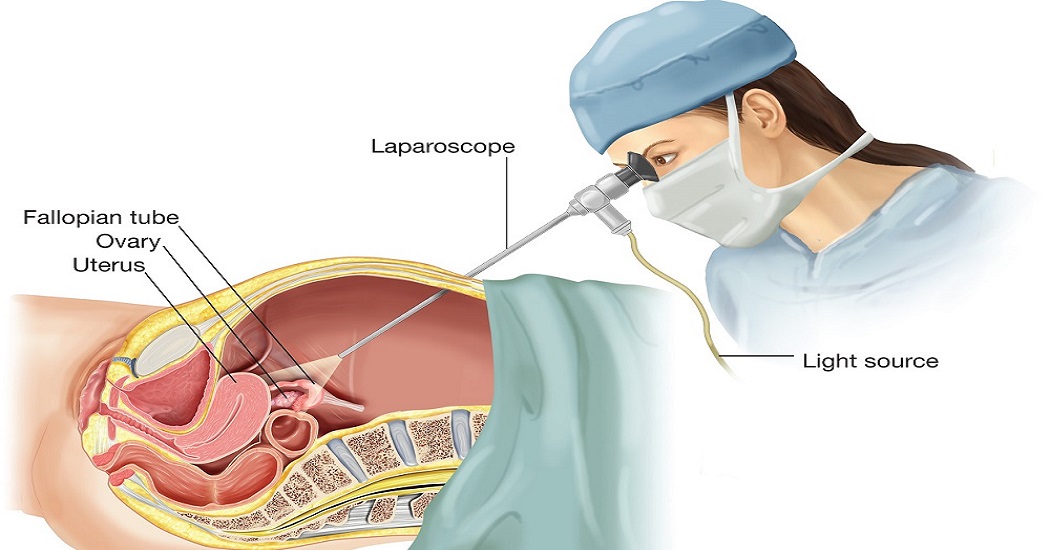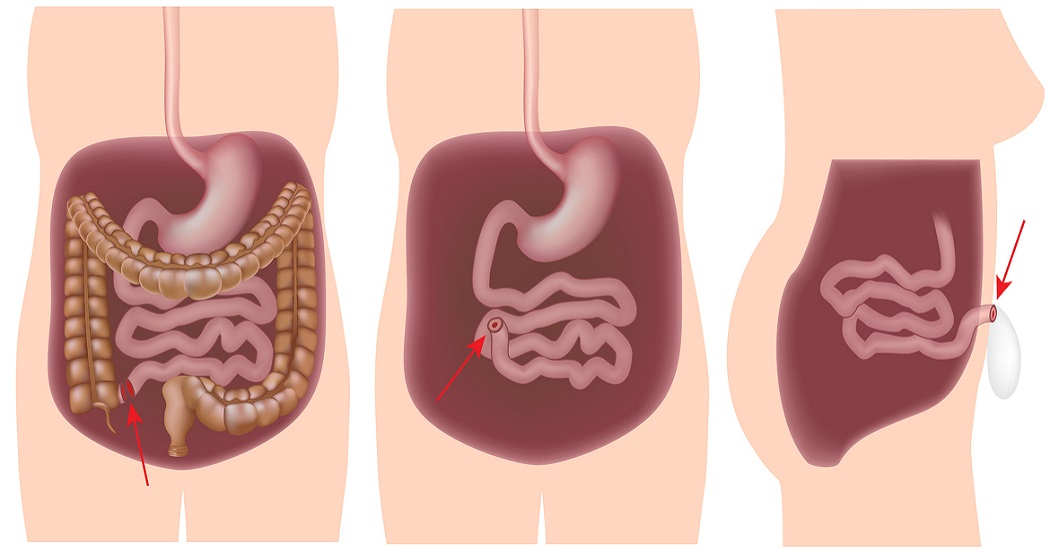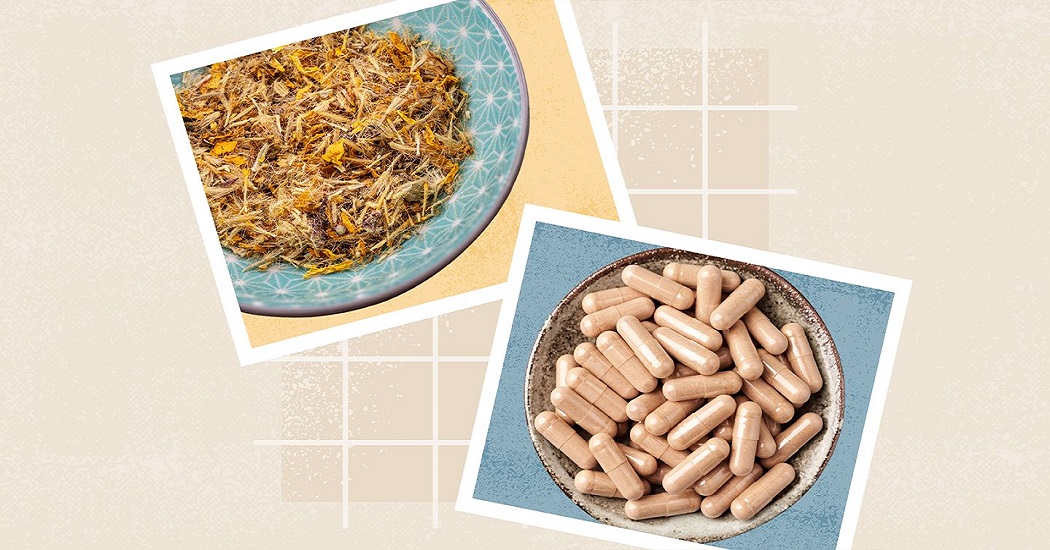Crohn’s disease is chronic inflammatory condition that primarily affects gastrointestinal (GI) tract. While many patients manage their symptoms with medication and lifestyle changes, some may require surgery to address complications or severe disease that doesn’t respond to other treatments. This article provides a comprehensive overview of Crohn’s disease surgery, covering why it’s needed, the types of surgeries, the recovery process, and considerations for patients.
Why Surgery Might Be Needed
Surgery for Crohn’s disease is generally considered when:
– Medication and lifestyle changes fail:
If symptoms are not controlled by medical treatments, surgery may be necessary.
– Complications arise:
Such as bowel obstructions, abscesses, fistulas, or severe bleeding.
– Cancer risk increases:
Long-term inflammation can increase the risk of colorectal cancer, necessitating preventive surgery.

Types of Crohn’s Disease Surgery
There are several types of surgeries used to treat Crohn’s disease, each tailored to specific complications and disease locations.
1. Resection
What it is:
A resection involves removing the diseased portion of the intestine and then connecting the healthy sections. This procedure is common when there is a localized segment of the bowel that is significantly affected.
Why it’s done:
– To remove strictures (narrowed areas)
– To eliminate diseased sections causing obstructions or severe symptoms
2. Strictureplasty
What it is:
Strictureplasty widens a narrowed segment of the intestine without removing any part of it. The surgeon cuts and reshapes the affected section to allow better passage of bowel contents.
Why it’s done:
– To address multiple strictures while preserving bowel length
– Often used in patients who have had multiple resections and are at risk of short bowel syndrome
3. Colectomy
What it is:
A colectomy involves removing part or all of colon. When the entire colon is removed, it’s called a total colectomy.
Why it’s done:
– In cases of severe colitis (inflammation of the colon)
– When there is a significant risk of cancer
4. Proctocolectomy
What it is:
This surgery removes both the colon and rectum. It usually results in the need for an ileostomy, where the end of the small intestine is brought to an opening in the abdomen to allow waste to leave the body.
Why it’s done:
– When the disease affects both the colon and rectum extensively
– As last resort manage severe symptoms

5. Abscess Drainage
What it is:
Abscesses, which are collections of pus, may need to be drained surgically if they do not respond to antibiotics.
Why it’s done:
– To prevent the spread of infection
– To alleviate severe pain and other symptoms
Preparing for Surgery
Preparation for Crohn’s disease surgery involves several steps:
– Medical Evaluation:
Comprehensive assessments, including blood tests, imaging studies, and endoscopic evaluations, are performed to determine the exact nature and extent of the disease.
– Pre-Surgical Counseling:
Discussions with the surgical team about the procedure, expected outcomes, and potential risks.
– Nutritional Support:
Nutritional optimization is crucial, as many Crohn’s patients may be malnourished. This might involve dietary changes, supplements, or in some cases, total parenteral nutrition (TPN).
Recovery After Surgery
Recovery from Crohn’s disease surgery varies depending on the type of surgery and the individual patient. Here are some general aspects of recovery process:
Hospital Stay
– Duration:
Typically ranges from a few days to two weeks, depending on the surgery type.
– Monitoring:
Patients are closely monitored for any signs of infection, complications, and to ensure proper healing.
Post-Operative Care
– Pain Management:
Medications are provided to manage pain effectively.
– Diet:
Initially, patients may be on a liquid or soft diet, gradually transitioning to solid foods as tolerated.
– Activity:
Gradual increase in physical activity, with guidance from healthcare providers.
Long-Term Recovery
– Follow-Up Appointments:
Regular follow-ups to monitor recovery and manage any ongoing symptoms or complications.
– Lifestyle Adjustments:
Continued attention to diet, stress management, and possibly modifications in physical activity.
– Medication:
Some patients may still need medication to manage their Crohn’s disease or prevent recurrence.
Risks and Complications
As with any surgery, there are risks and potential complications associated with Crohn’s disease surgery, including:

– Infection:
Post-surgical infections can occur and may require additional treatment.
– Bowel Obstruction:
Scar tissue from surgery can cause obstructions.
– Recurrence of Disease:
Crohn’s disease can recur, even in areas not previously affected.
– Nutritional Deficiencies:
Especially if large sections of the intestine are removed, leading to malabsorption issues.
Conclusion
Surgery for Crohn’s disease can significantly improve the quality of life for patients who do not respond to other treatments. Understanding the types of surgeries, the preparation, and the recovery process is crucial for making informed decisions. Always consult with a healthcare provider to determine the best course of action tailored to your specific condition.
FAQs
1. How successful is surgery for Crohn’s disease?
– Success rates vary depending on the type of surgery and individual circumstances, but many patients experience significant symptom relief and improved quality of life.
2. Will I still need medication after surgery?
– Some patients may still need medication to manage Crohn’s disease and prevent recurrence. This should be discussed with healthcare provider.
3. How long is the recovery period after surgery?
– Recovery can take several weeks to a few months, depending on the surgery type and individual patient factors.
4. Can Crohn’s disease come back after surgery?
– Yes, Crohn’s disease can recur, even in areas not previously affected. Ongoing medical management is often necessary.
5. What lifestyle changes should I make after surgery?
– Focus on a balanced diet, stress management, regular exercise, and avoiding smoking to support recovery and manage Crohn’s disease effectively.